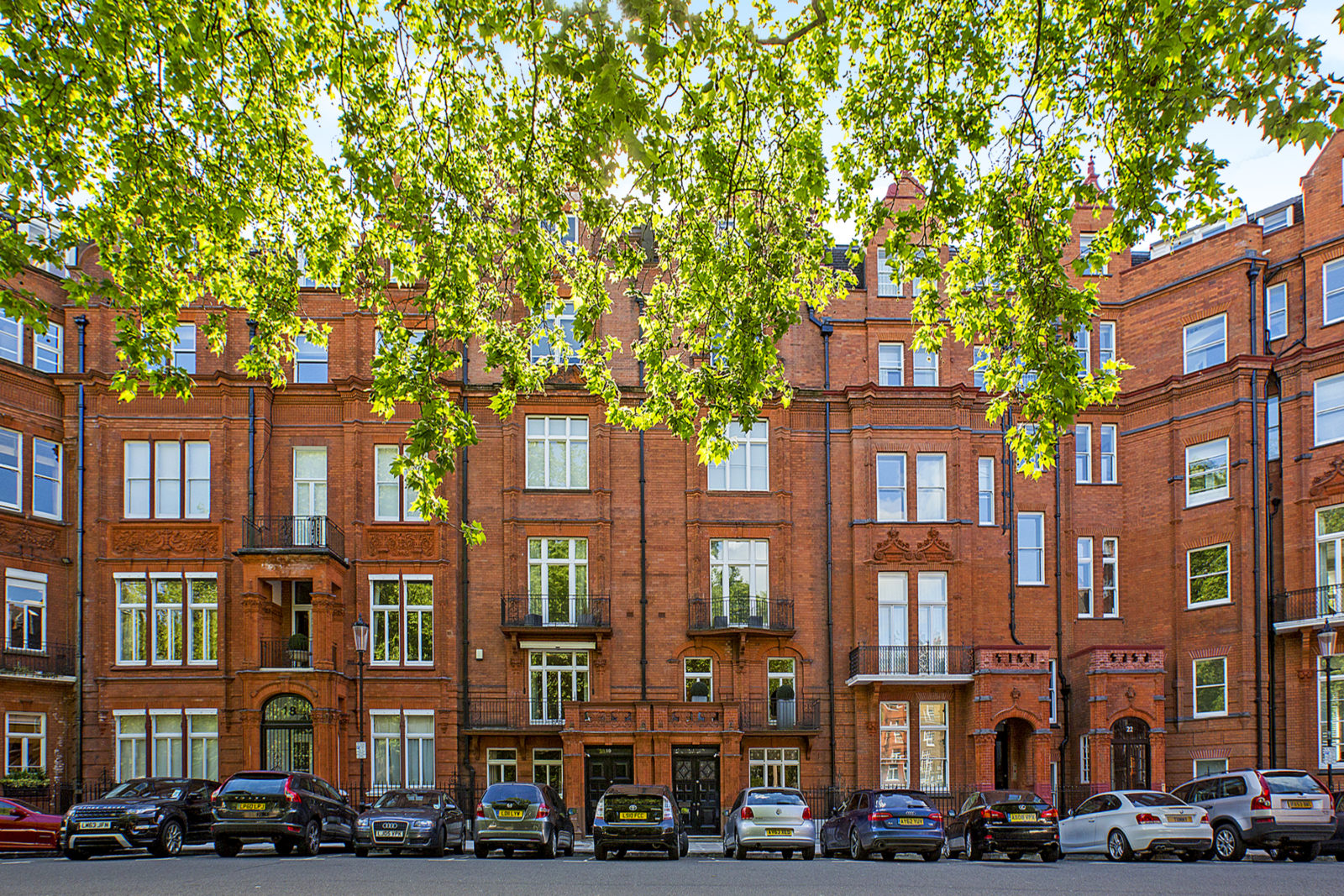

Since the EU Referendum in 2016, Brexit has typically been blamed for the sluggish housing climate we are currently experiencing in the UK. However, is it all too easy to make Brexit the scapegoat for a static market when a number of other key factors are also at play?
INHOUS co-founder, David Johnson, believes that the Prime Central London housing market has, in fact, slowed down due to a number of other non-Brexit related reasons, but the problem is frequently incorrectly being attributed to Brexit. Brexit is the headline in the public eye but not the sole cause by any means.
A number of key factors have been leading towards our current housing climate, but their impact is going unrecognised and overshadowed by Brexit. For instance:
A positive side to Brexit?
Now that the Brexit date has been pushed back again (to 31 October 2019), David believes that UK property will start to shift – which we can all agree is necessary! In fact, INHOUS is seeing that vendors are realising that now is the time to sell and, thankfully, the stalemate is on the brink of breaking.
This sense of urgency and shift in vendor optimism is primarily being triggered by Brexit. The underlying factors slowing the market have been there for a good few years and are generating a steady rotation.
Moreover, although demand from international buyers has always been strong in Prime Central London, the demographic is shifting. We are seeing less enquiries from the Russian and Middle Eastern markets, but an increasing number of potential buyers emerging from America, Europe and Asia.
Looking Ahead
Those keeping a watchful eye on the property sector are naturally apprehensive about what 2019 will mean for bricks and mortar. For decades it has been a popular avenue for international and domestic investment, but will UK real estate, Prime Central London in particular, be able to hold onto its status?
If recent performance is any indication, we should have faith in the property market’s ability to weather the storm. Indeed, the long-term outlook for the market remains positive, with Savills predicting that average UK house prices will rise by nearly 15% between 2019 and 2023. This figure is slightly lower in the Capital’s prime locations but the new five-year forecast also predicts prices to bounce back within a year or two. In Prime Central London, Savills are predicting house prices will climb 6% in 2021, with a 12.4% overall rise in prices between 2019 and 2023.
London+44 (0) 207 381 1856
Dublin+353 (0) 1 513 6866
Tenancy charges may vary, depending on the agreement we have with you, so it’s best to ask the INHOUS lettings department.
The following payments may apply when entering an Assured Shorthold Tenancy:
| First month’s rent | In advance |
| Tenancy Deposit | 5 weeks, or 6 weeks if annual rent is over £50,000 |
| Holding Deposit | One week’s rent, put towards your first rent due |
| Early termination when requested by the tenant | A charge not exceeding the financial loss experienced by the landlord |
| Default charge for late payment of rent | A maximum of 3% above Bank of England base rate, charged when rent is more than 14 days late |
| Default charge for replacement of lost key or security device | Equivalent to cost incurred |
| Changing the tenancy documents after the commencement of the tenancy, including change of sharer | £50 incl. VAT |
The following payments may apply when entering a Non-Housing Act Tenancy:
A Non-Housing Act Tenancy is formed when the annual rent exceeds £100,000 or the property is occupied by a Company rather that an individual.
| Inclusive of VAT | |
| Tenancy Setup Fee drafting and execution of tenancy agreement if supplied by us, collecting and holding the Security Deposit as Stakeholder, issuing protection certificates, if applicable, Open Banking type referencing of tenant and initial Right to Rent Checks | £360 |
| Check-in Fee checking into the property and reviewing inventory | minimum of £130 |
| Tenancy Continuation negotiating and drafting an extension | £150 |
| Change of Sharer – Deed of Assignment | £120 |
| Early Termination – Deed of Surrender | £120 |
| Guarantor Referencing Fee (each): | £30 |
| Deed of Guarantee Fee: | £50 |
| Late payment of rent | 3% above the Bank of England base rate |
This guide is for tenants and landlords in the private rented sector to help them understand their rights and responsibilities. This guide includes a checklist and further detail on each stage of the rental process.
Tenancy charges may vary, depending on the agreement we have with you, so it’s best to ask the INHOUS lettings department for a full breakdown of costs. Here’s a list of what you can typically expect to pay:
| Lettings Service Only: | 10%+VAT (12% inc. VAT) – Including rent collection |
| Letting and Management Service: | 16%+VAT (19.2% inc. VAT) |
| Short Let (less than 6 months): | 24%+VAT (28.8% inc. VAT) |
| Lettings Renewals Service: | 8%+VAT (9.6% inc. VAT) |
| Lettings and Management Renewal: | 14%+VAT (16.8% inc. VAT) |
| Short Let Renewal (less than 6 months): | 24%+VAT (28.8% inc. VAT) |
Additional non-optional fees and charges
We will not be charging clients fees for referencing, tenancy agreements or deposit registration.
The costs of a clean, EPC, gas safety, EICR, PAT and inventory are set by third party suppliers and prices may vary. The below schedule is to give you an idea of what you would typically pay.
All fees stated are inclusive of VAT (calculated at 20%):
During the tenancy (if required
INHOUS is a member of and covered by the ARLA/Propertymark Client Money Protection (CMP) Scheme.
We are also a member of a redress scheme provided by The Property Ombudsman www.tpos.co.uk.